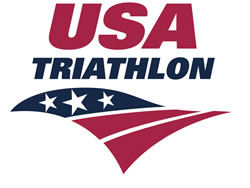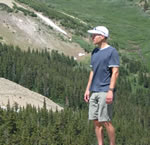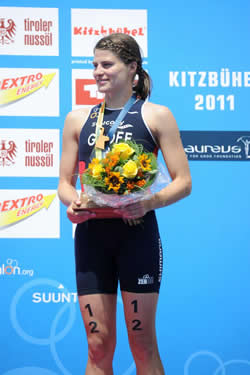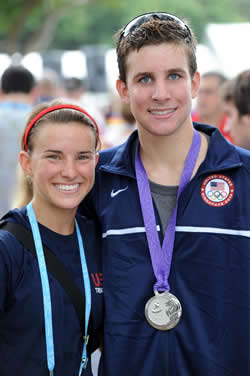
Related:
 USA Triathlon Elite Race Series Heads to San Francisco for Stop No. 3
USA Triathlon Elite Race Series Heads to San Francisco for Stop No. 3
 Triathlon: No Longer Just a Summer Sport
Triathlon: No Longer Just a Summer Sport
 USA Triathlon Elite Race Series Set for 2011 Debut
USA Triathlon Elite Race Series Set for 2011 Debut
 Jorgensen, Groff Claim Spots on 2012 U.S. Olympic Triathlon Team
Jorgensen, Groff Claim Spots on 2012 U.S. Olympic Triathlon Team
 Elite Triathlon Academy Launched at University of Colorado Colorado Springs
Elite Triathlon Academy Launched at University of Colorado Colorado Springs


